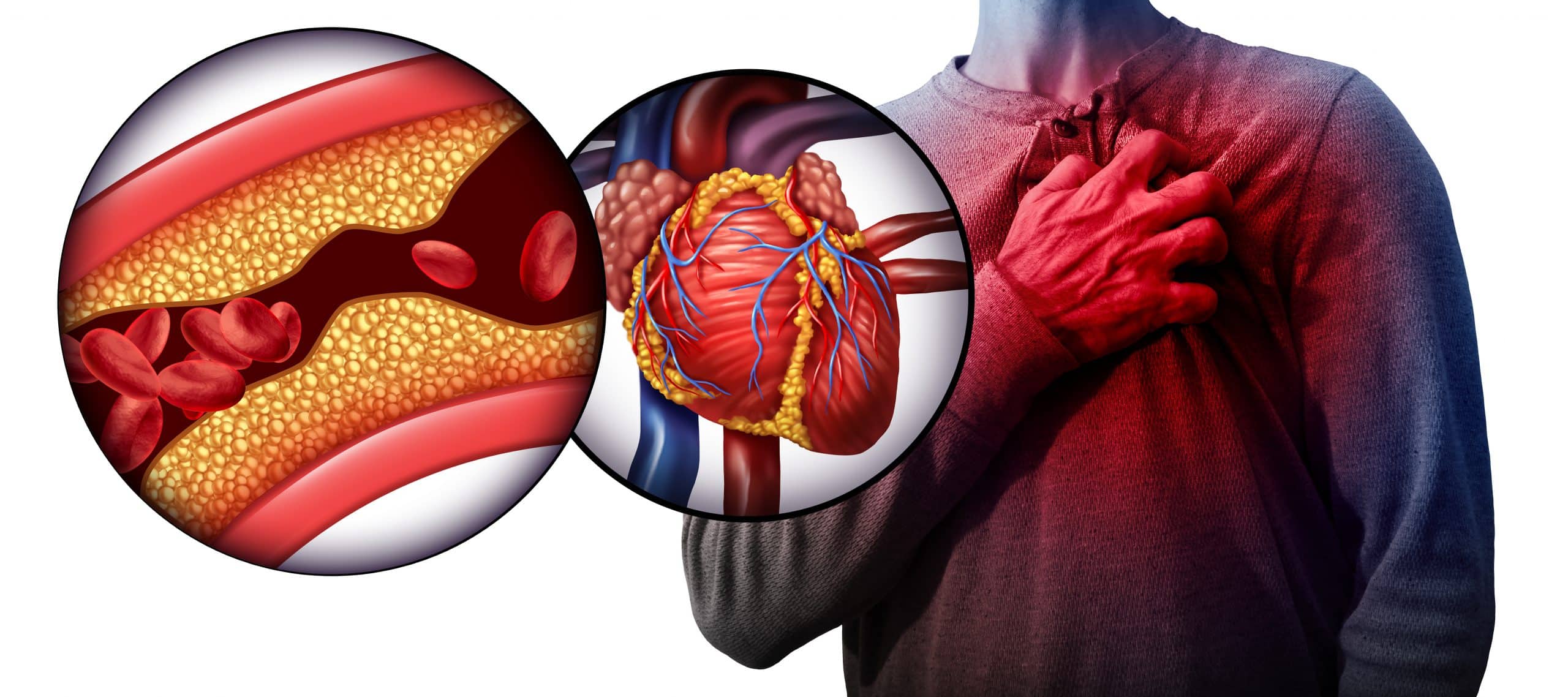02/27/2018
5 Things You Should Know About Atrial Fibrillation
Atrial Fibrillation (AFib) is the most common form of arrhythmia, or irregular heart rhythm, which usually leads to an insufficient amount of blood flow throughout the body. When the upper chambers of the heart beat rapidly or erratically, they force the blood inside them to become static – eventually forming clots instead of pumping to the rest of the body. Even though AFib is one of the most prevalent heart conditions treated by cardiologists, patients often have many questions and concerns relating to risk factors, symptoms and treatment options. Whether you are at risk or not, here are six important characteristics about AFib everyone should know.
Some Risk Factors Can be Avoided
As with any health condition, there is no one guaranteed way a person can develop Atrial Fibrillation. There are, however, several risk factors that have been proven to increase a person’s chance of developing the condition – some avoidable and some not. According to the American Heart Association, the most common contributing factors include high blood pressure, diabetes, coronary heart disease, and sleep apnea. It also lists behavioral factors, which can be avoided, as excessive alcohol, smoking and prolonged athletic conditioning. Family history, obesity and even age are also considered high risk factors. Many physicians agree that age is the number one risk factor once a person is over the age of 65.
It Doesn’t Always Cause Symptoms
Many patients with AFib never experience any symptoms. Don’t worry; the arrhythmia can still be found on an EKG in a routine checkup. This is why it is important to have your heart monitored by a cardiologist or primary care doctor regularly, especially if you are over the age of 65. Typical symptoms of AFib for those who do experience them include chest pain, heart palpitations, dizziness, shortness of breath, weakness, fainting, fatigue, and sweating.
AFib Increases Risk of Stroke
People suffering from AFib are five times more likely to suffer a stroke than someone with a healthy heart. This is because the arrhythmia often forms blood clots in the upper chamber that travel from the heart to the brain, blocking arteries in the brain and causing a stroke. Studies show that 15-20 percent of all ischemic strokes are caused by AFib, and nearly 35 percent of people with AFib will eventually suffer a stroke. Common signs of a stroke include face drooping, arm weakness, difficulty speaking, and confusion.
Different Treatment Options are Available
Fortunately, the majority of AFib cases can be treated with medication such as anticoagulants (blood thinners), beta blockers and calcium channel blockers. Blood thinners are used to prevent blood clots from forming – popular options include Warfarin and Rivaroxaban. Beta blockers and calcium channel blockers such as Atenolol and Dilitiazem are taken to establish slower, more regular heart beats. In severe situations when medication isn’t enough, your doctor may recommend procedures such as electrical cardioversion or catheter ablation.
A Healthy Life is Possible with AFib
Many people suffer from chronic conditions and still lead healthy, active lives. It requires discipline, routine and staying in control of your condition. Maintaining a heart-healthy diet combined with regular exercise boasts numerous benefits such as lowered blood pressure, weight loss and decreased risk of other heart diseases. Seeing both a cardiologist and primary care doctor frequently in order to have your heart and blood monitored will prevent your condition from worsening. Keep all of your appointments and be 100 percent honest with your doctor about your lifestyle habits.
At CVG, we help patients with AFib lead happy, healthy lives every day. If you would like to speak to a cardiologist about your condition, please call us at 770-962-0399 or visit our website at: www.cvgcares.com.



